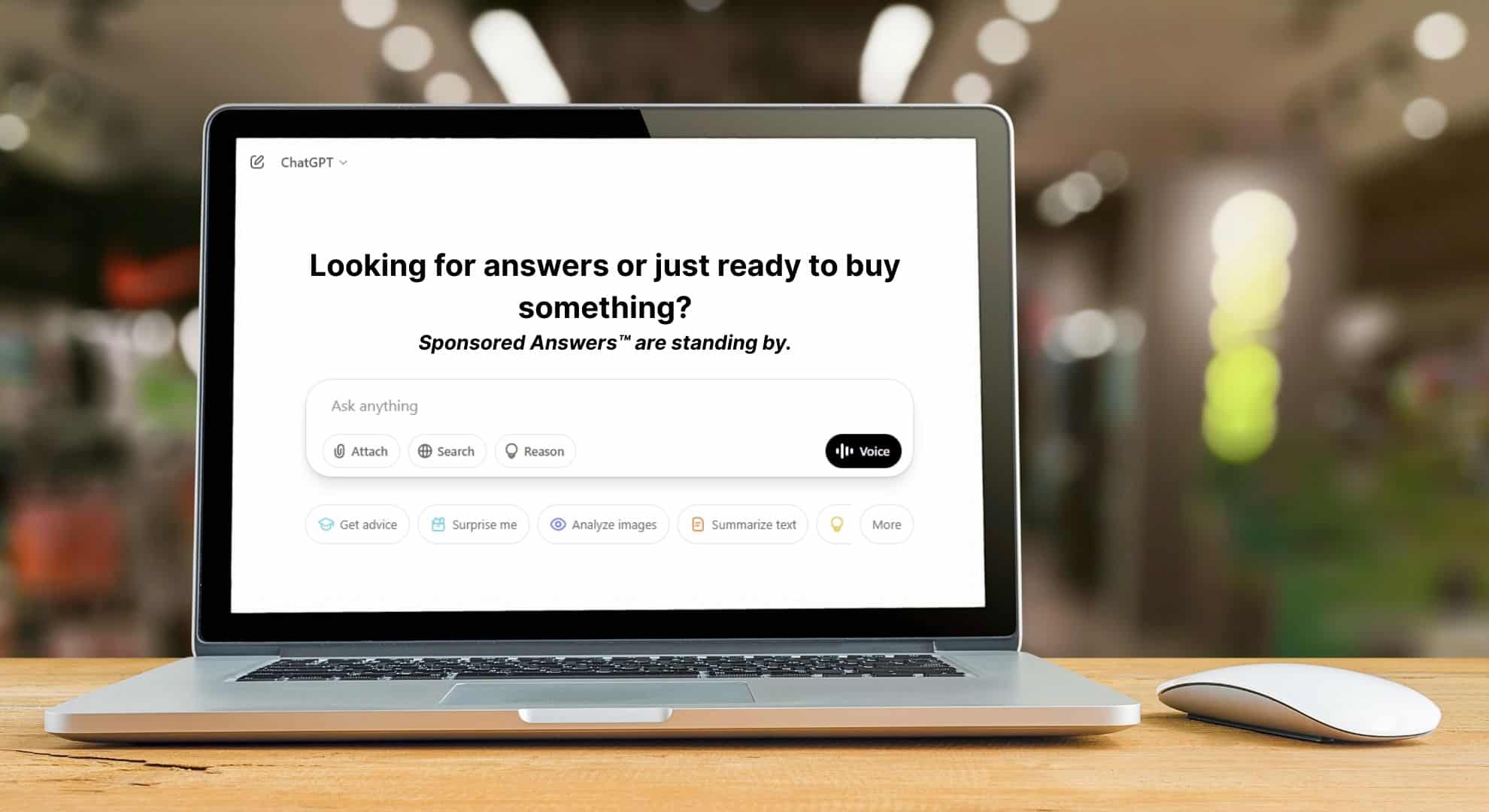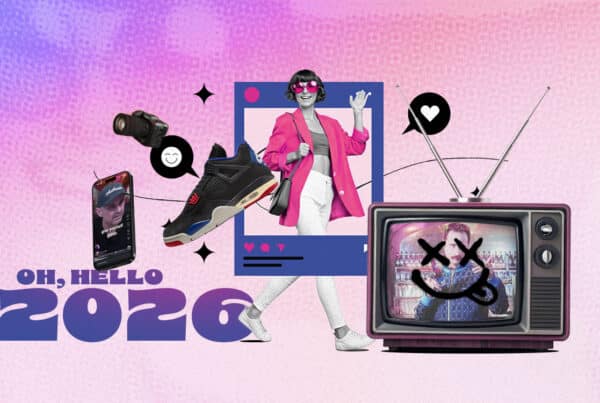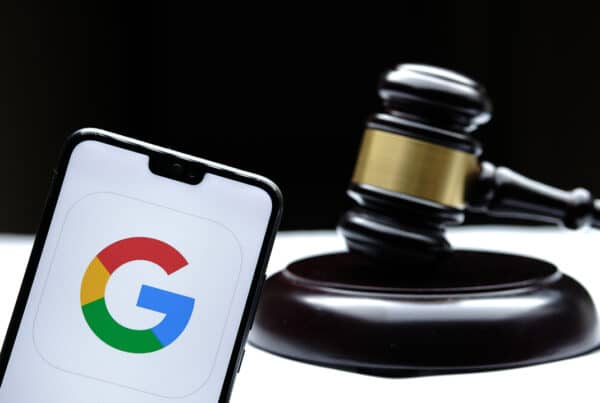Traditional Search Is Burning, and AI Brought Marshmallows
Let’s be real: search kind of sucks now. Once upon a time, Google was the smartest person in the room. Now it’s a hoarder screaming about “Top 27 Lint Rollers for Pet Hair (2024 Edition)” while trying to sell you a mattress.
Search results have gotten bad—like, real bad. Blame the SEO-optimized drivel, the affiliate blog spam, the pay-to-play tactics gaming the algorithm. Users are wading through a mountain of keyword-stuffed garbage just to get one real, human-sounding answer.
So, what are they doing? They’re ditching the traditional search experience and asking AI instead. A recent poll by TechRadar found that approximately 27% of respondents reported using AI tools like ChatGPT, Perplexity, and Gemini instead of traditional search engines. And this is by no means the peak of this trend—in fact, it’s likely just the beginning.
TL;DR – The Search Engine Results Page (SERP) is on life support. AI is the new gatekeeper. And if you want your brand to be part of the answer—via sponsored answers or otherwise—you’re probably going to have to pay for the privilege.
Meet Your New Search Engine (That Doesn’t Feel Like a Search Engine)
ChatGPT, Perplexity, Gemini—these tools aren’t just novelties anymore. They’ve quickly become the go-to for people who want answers without the 12-scroll deep dive into Reddit threads, outdated blog posts, and AI-generated SEO junk.
Even Google knows its own results are flaming trash. That’s why they rolled out Gemini—to help people sort through the mess they created. But let’s not act like Gemini is some sort of savior here. It’s the guy showing up late to a fire he started, offering helpful advice like:
- “Glue your pizza toppings down to keep them in place”
- “Eat a few small rocks to get more minerals in your diet”
- “Running with scissors is a good way to get places fast”
And this is the same AI Google’s trying to wedge into your search flow? Yeah, no thanks.
So instead, people are turning to tools like ChatGPT and Perplexity—platforms that at least try to sound coherent when answering questions, even if they hallucinate every now and then. Because at this point, a well-phrased lie still feels better than sifting through five AI-spun articles all saying the same useless thing.

The Slow, Inevitable Death of the SERP
The traditional SERP is quickly losing its relevance. If AI gives you the answer up top, who’s really sticking around to click through 10 blue links and a “People Also Asked” rabbit hole that just rephrases your original question?
And if there’s no SERP, there’s no space for Google Ads.
No page = no placements = no clicks = your SEM budget just screamed a little.
This isn’t just a UX trend—it’s a tectonic shift in how people discover. Discovery is going conversational. And the old keyword-based model? Can’t keep up.
And if it feels like I’m picking on Google—don’t worry, Bing and the rest are just as broken. It’s just that no one’s using them enough to notice : )
Sponsored Answers Are Coming. You Know They Are.
If AI Gives the Answer, Where Does Your Brand Show Up?
AI tools aren’t passion projects. They’re not here to help humanity out of the kindness of their code. The second they hit scale, they need to monetize. And one of the cleanest, most lucrative ways? Sponsored answers—baked right into the responses.
This isn’t just about answering the question, “what’s the best laptop for graphic design?”. This is you casually chatting about a creative project, and the AI slipping in a product recommendation like it’s just part of the conversation.
“Sounds like you do a lot of visual work. You might like the MacBook Pro—or the [Sponsored Brand X], which offers high performance at a lower price point.”
You didn’t ask for that. But it offered it anyway.
It’s not an ad. It’s a suggestion. A helpful nudge. A corporate whisper from a friendly voice.
Welcome to the new ad format: marketing dressed up as guidance, with just enough polish to feel like a favor.
Dangerously subtle. Persuasive by design. And yes, you’re going to have to pay for it.
Expect to see:
- Contextual ad placements embedded in natural answers
- Affiliate-style callouts with feather-light disclosures
- A bidding system not for placement, but for recommendation
- Brand suggestions triggered by topics, not just queries
What Smart Marketers Should Be Doing (Besides Screaming into the Void)
Okay, deep breath. This isn’t about panicking. Accept the sea change or risk getting lost in the tsunami. Because it’s coming.
Here’s what brands need to start thinking about:
Craft for curation. How does your brand sound when suggested by AI? Does it feel human? Trustworthy? Useful?
Watch the platforms. Watch how platforms are experimenting with sponsored answers—and how (or if) they’re disclosing them. Hint: Gemini, Perplexity, Amazon’s Rufus, and ChatGPT are already testing the waters.
Rework your content. Your blog and product pages? They might need to moonlight as structured data sources for AI.
Rethink attribution. Tracking clicks won’t cut it. You’ll need to measure influence, intent, and the weird gray area of “AI said I should.”
Embrace the chaos. The funnel isn’t dead—it’s just having an identity crisis. Again.
This Isn’t the End—It’s a Pivot.
Look, this isn’t the death of search engine marketing. But it might be the death of search engine marketing as we currently know it.
Search is evolving. Discovery is decentralizing. And AI is about to become your customer’s favorite know-it-all friend.
So the real question is:
When the AI starts recommending products… will it recommend yours?
And if so—are you ready to pony up for that privilege?
Not sure how to show up in the sponsored answers box? We do. Reach out if you want to talk strategy that actually keeps up.
Written by Grant Miller, a human copywriter doing his best to stay relevant in a world where soon even your fridge might start writing blog posts.








